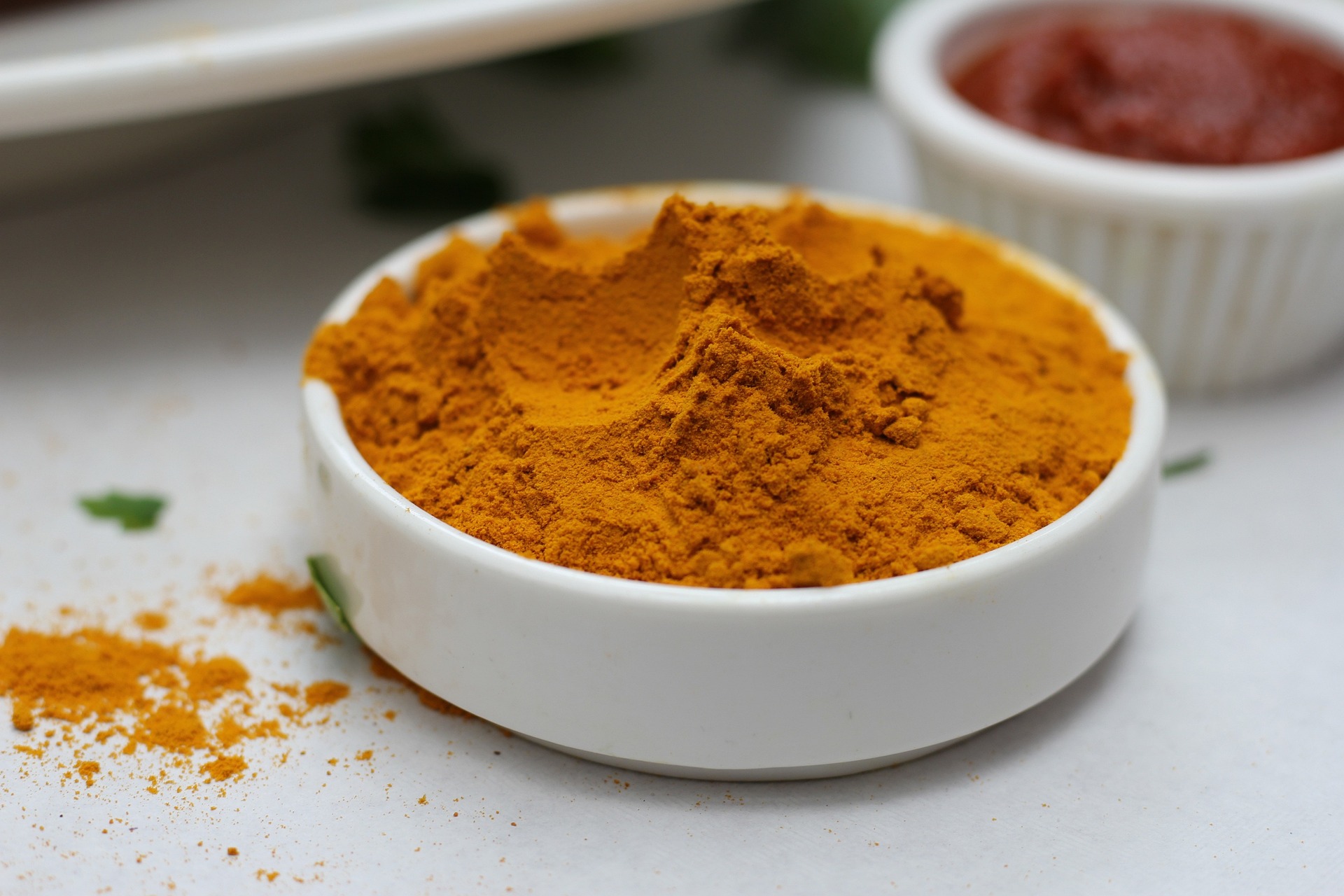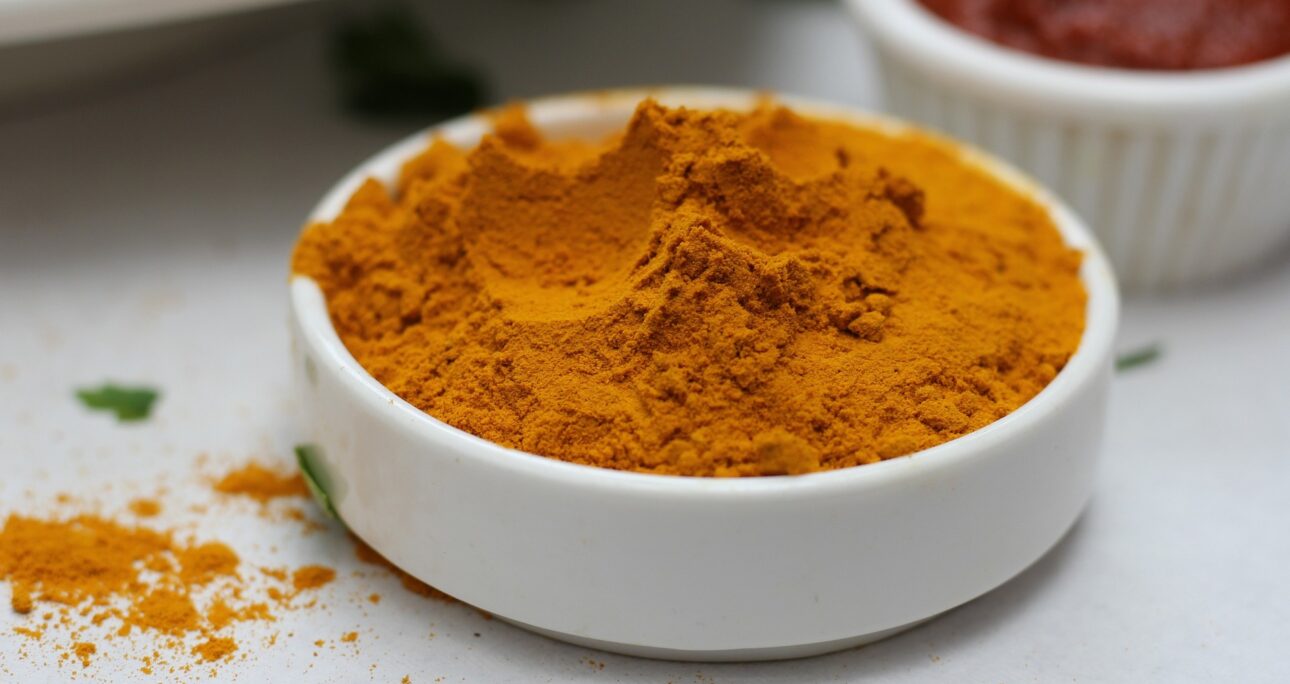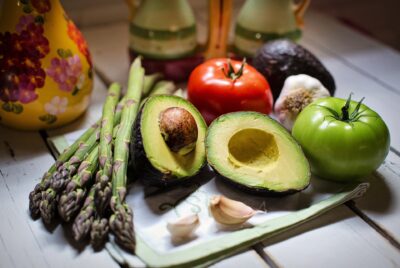
In the realm of natural remedies and culinary treasures, turmeric stands out as a true gem. With its vibrant golden hue and a history deeply rooted in traditional medicine, turmeric has captured the attention of modern science for its potential health benefits. From its culinary use in curries to its role as a key ingredient in holistic medicine, let’s delve into the world of turmeric and uncover its fascinating journey from spice rack to wellness superstar.
The Origins of Turmeric
Turmeric (Curcuma longa) is a flowering plant native to South Asia, particularly India and Indonesia. Its root, which is harvested, dried, and ground into a powder, is what gives us the bright yellow spice we know. Turmeric has been an integral part of traditional Ayurvedic medicine and has been used for centuries to treat a range of ailments due to its believed anti-inflammatory and antioxidant properties.
Curcumin: The Star Compound
At the heart of turmeric’s health benefits is a compound called curcumin. Curcumin is a polyphenol, a type of chemical compound found in plants that is known for its potential health-promoting effects. It’s responsible for the bright yellow color of turmeric and is believed to be the primary source of its therapeutic properties.
Potential Health Benefits
1. Anti-Inflammatory Powerhouse: Curcumin’s potent anti-inflammatory properties have caught the attention of researchers. Chronic inflammation is linked to various health issues, including cardiovascular disease, arthritis, and certain cancers. Curcumin’s ability to inhibit inflammatory pathways in the body could contribute to its potential role in preventing and managing these conditions.
2. Antioxidant Protection: Oxidative stress, caused by an imbalance between free radicals and antioxidants in the body, is a major contributor to aging and chronic diseases. Curcumin’s antioxidant properties help neutralize free radicals, offering protection against oxidative damage and potentially supporting overall health.
3. Joint Health: With its anti-inflammatory effects, curcumin may provide relief to individuals with joint pain and arthritis. Some studies suggest that curcumin supplementation could help alleviate symptoms and improve joint function.
4. Heart Health: Curcumin’s impact on heart health is under investigation. It’s believed to improve the function of the endothelium (the lining of blood vessels), regulate blood pressure, and reduce the risk factors associated with heart disease.
5. Brain Health: Research has shown that curcumin can cross the blood-brain barrier, and it has potential neuroprotective effects. It may help enhance brain function, improve memory, and protect against age-related cognitive decline.
6. Cancer Prevention: While more research is needed, some studies suggest that curcumin may have anticancer properties. It could inhibit the growth of cancer cells and interfere with the processes that contribute to tumor formation.
Incorporating Turmeric into Your Diet
Integrating turmeric into your diet can be both delicious and healthful. Here are some creative ways to enjoy this golden spice:
1. Turmeric Tea: Brew a soothing cup of turmeric tea by simmering turmeric, ginger, and other spices in water. Add a touch of honey and a squeeze of lemon for flavour.
2. Golden Milk: This traditional drink combines turmeric with milk (dairy or plant-based) and spices like cinnamon and black pepper. It’s a warming and comforting beverage.
3. Curry Dishes: Turmeric is a staple in curry dishes, adding flavour and colour to a variety of recipes. Experiment with different vegetable, meat, or lentil-based curries.
4. Smoothies: Add a pinch of turmeric to your morning smoothie for an extra boost of antioxidants and colour.
5. Roasted Vegetables: Sprinkle turmeric onto roasted vegetables to enhance both flavour and visual appeal.
A Word of Caution
While turmeric is generally safe for consumption, excessive consumption may cause gastrointestinal discomfort in some individuals. Additionally, curcumin’s bioavailability is relatively low on its own. Pairing turmeric with black pepper, which contains piperine, can enhance curcumin absorption.
Conclusion
From vibrant curries to natural remedies, turmeric has firmly established itself as a versatile spice with potential health benefits. While it’s not a magic bullet, the research on turmeric and curcumin’s positive effects is promising. Incorporating this golden spice into your diet can add both flavor and potential wellness benefits. As with any health consideration, it’s a good idea to consult with a healthcare professional before making significant changes to your diet or supplement routine. So, embrace the allure of turmeric and embark on a flavorful journey toward enhanced well-being.




